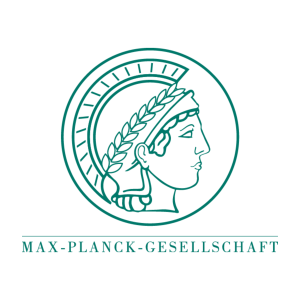
Max Planck Institute of Colloids and Interfaces (MPG-CI): The Max Planck Institute of Colloids and Interfaces is dedicated to materials and molecules where a nanometer size scale and interface behavior and properties are determining factors to control properties and applications. The field lies between the disciples of chemistry, physics and engineering, but also contains elements of biology, microbiology, and agrocultural engineering.
The Department of Colloid Chemistry (Prof. Markus Antonietti) focuses meanwhile mostly on green chemistry and sustainable materials. There are around 70 scientists on all stages involved, organized in project team and groups. Subgroups useful for the project is the “biorefinery group” sourcing new polymers and colloids from plants educts, but also in the “nanocellulose group” coatings and membranes are a part of the regular occupations. Within the MPG-CI, all departments (including engineering and organic chemistry) have started a sustainable materials initiative, which intends to promote actively the entry of materials into circular economy. Methods to be shared in FORGreenSoft with the partners include a high-end electron microscopy lab, covering the currently commercially available range of electron spectroscopies and different modes of picture creation/correlation. More visionary projects to share are, among others, biomimetic active ion pumps and membranes driving desalination by light and electric fields, but also natural polymer structures prohibiting biofouling of coatings.
Max Planck Institute will also provide transfer of knowledge in Innovation, attracting industrial funding and administrative skills via the Max Planck-Innovation office and the Planck Academy
SENIOR RESEARCHERS

Prof. Markus Antonietti

Dr. Svitlana Filonenko

